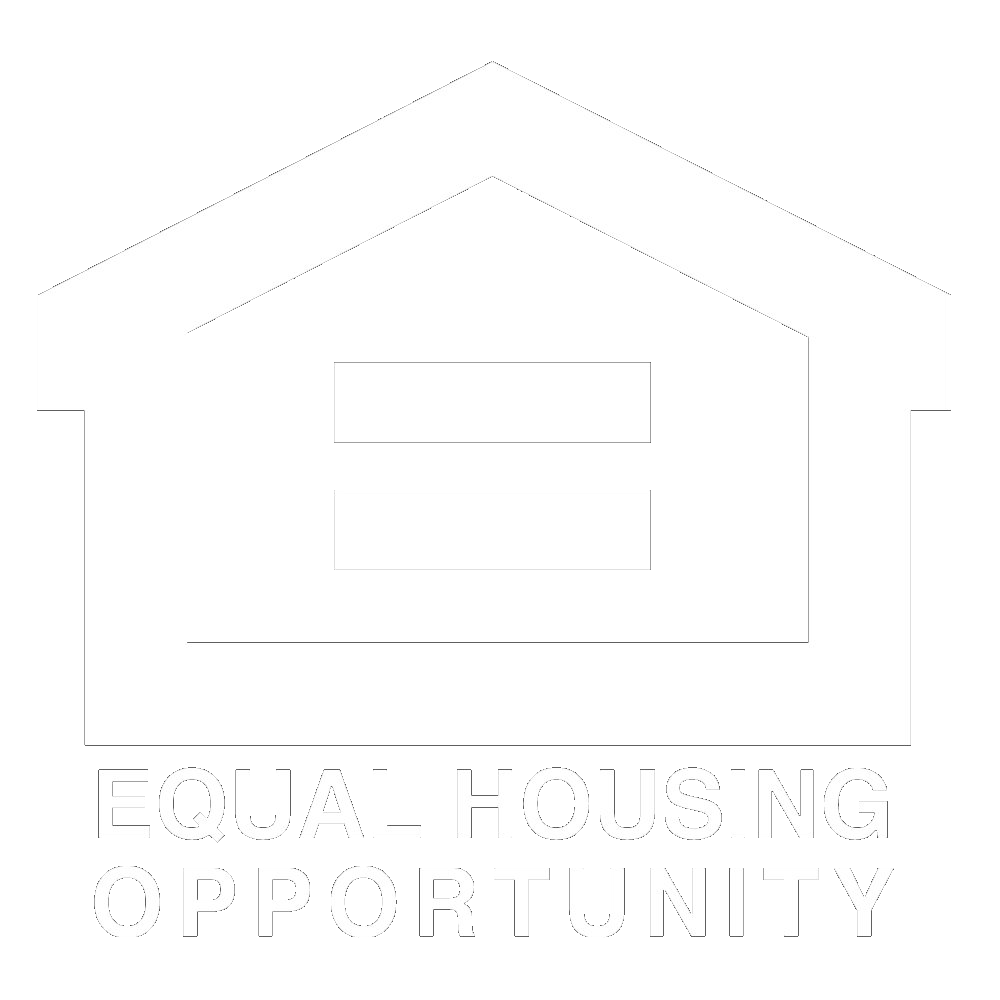
Here are some important points about Mortgage Insurance
Mortgage insurance is typically required for anyone with less than 20% equity in their home or for those with low credit scores. However, some lenders may waive it if you have a high credit score and substantial capital available for your down payment.
The two main types of mortgage insurance products are private mortgage insurance (PMI) and lender paid mortgage insurance (LPMI). PMI is typically an upfront cost that is paid at closing, while LPMI is built into your monthly payments over time by increasing your interest rate slightly.
If you have reached 20% equity in your home, then you can apply for lender cancellation of PMI once your equity has been established through repayment of principal or refreshes in property value appreciation over time.
What are some alternatives to mortgage Insurance? As an alternative to traditional mortgage protection plans like Private Mortgage Insurance (PMI), homeowners may choose to secure self-insured mortgages where they agree to fund repairs upon foreclosure up to an agreed upon amount determined by their lender. For example, an agreement could be made between a homeowner and lender wherein the homeowner agrees to use their savings for any repair costs when it’s needed or add additional security/collateral against their loan as an extra incentive for avoiding defaulting on payments.
For people looking to buy their first home, understanding mortgage insurance is key to the financial process
Factors like the loan type can also affect the insurance rate, so it’s important to understand all the details before signing any documents. Also, proper understanding of mortgage insurance will help you make better decisions when taking out a loan for your new home, such as a financial strategy to have everything under control.
Therefore, having a trusted insurance agent like Kelley Hamilton from Edge Home Finance, can give you the understanding of mortgage insurance and can give you peace of mind; call Kelley today!


